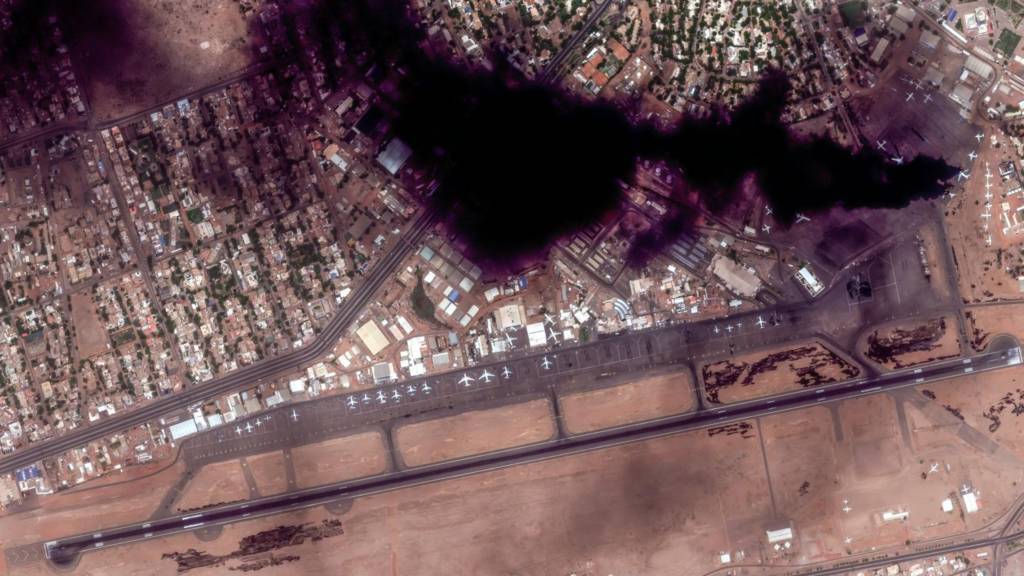
The Sudanese army on Tuesday escalated its efforts to secure territory in the capital Khartoum, marking some of the most intense combat since the beginning of the conflict with a rival military faction as the ongoing clash has led to a worsening humanitarian crisis.
Since Monday, the army has initiated airstrikes and employed heavy artillery in an attempt to seize control of a Nile bridge utilized by the rival Rapid Support Forces (RSF) to transport reinforcements and weaponry from Omdurman to the other cities encompassing the capital – Bahri and Khartoum.
In response, the RSF, which had taken control of a significant portion of the capital when the conflict began in mid-April, reacted with considerable force. The clashes occurring in residential neighborhoods between the groups have caused civilian casualties and displacement.
According to activists in the eastern Omdurman neighborhood, a minimum of nine civilians lost their lives.
“The situation in Omdurman is terrifying,” Nader Abdullah, a 52-year-old resident, told media by phone. “Gunfire, the sound of artillery, and air strikes … there’s bombardment in every direction.”
The conflict emerged four years after the ousting of Omar al-Bashir during a popular uprising, as tensions between the army and the RSF escalated. Both groups had jointly orchestrated a coup in 2021, but disagreements arose regarding a proposed transition to civilian governance.
Recent days have seen both factions asserting military progress, yet a clear breakthrough remains elusive. Initiatives backed by Saudi Arabia and the United States aimed at brokering a ceasefire have encountered obstacles and are at a standstill.
The United Nations reports that the displacement of more than four million individuals has occurred, with over 900,000 seeking refuge in neighboring nations already contending with their own conflicts and economic challenges.
The highest number – more than 377,000 – have fled to Chad from the western Sudanese region of Darfur.
The spread of hunger and the increase in civilian casualties have been concerning. Due to limited humanitarian funding and access, over the period from May 15 to July 17, more than 300 deaths have been documented, primarily among children under five, due to measles and malnutrition, according to the U.N. refugee agency.
“As many families have been on the move for weeks – with very little food or medicine – rising malnutrition rates, disease outbreaks and related deaths continue to be observed,” UNHCR spokesman William Spindler told a briefing in Geneva.
The onset of the seasonal rains has led to displacement in certain areas of Sudan, raising concerns about the potential further spread of water-borne diseases.
“Neither side is able to win outright and what we hear them say in the media is the opposite of what’s happening on the ground,” said Mohamed Usher, a 37-year-old living in southern Khartoum.
“What’s left in Khartoum for them to win anyway? The institutions are destroyed, the universities, the markets are all destroyed.”
